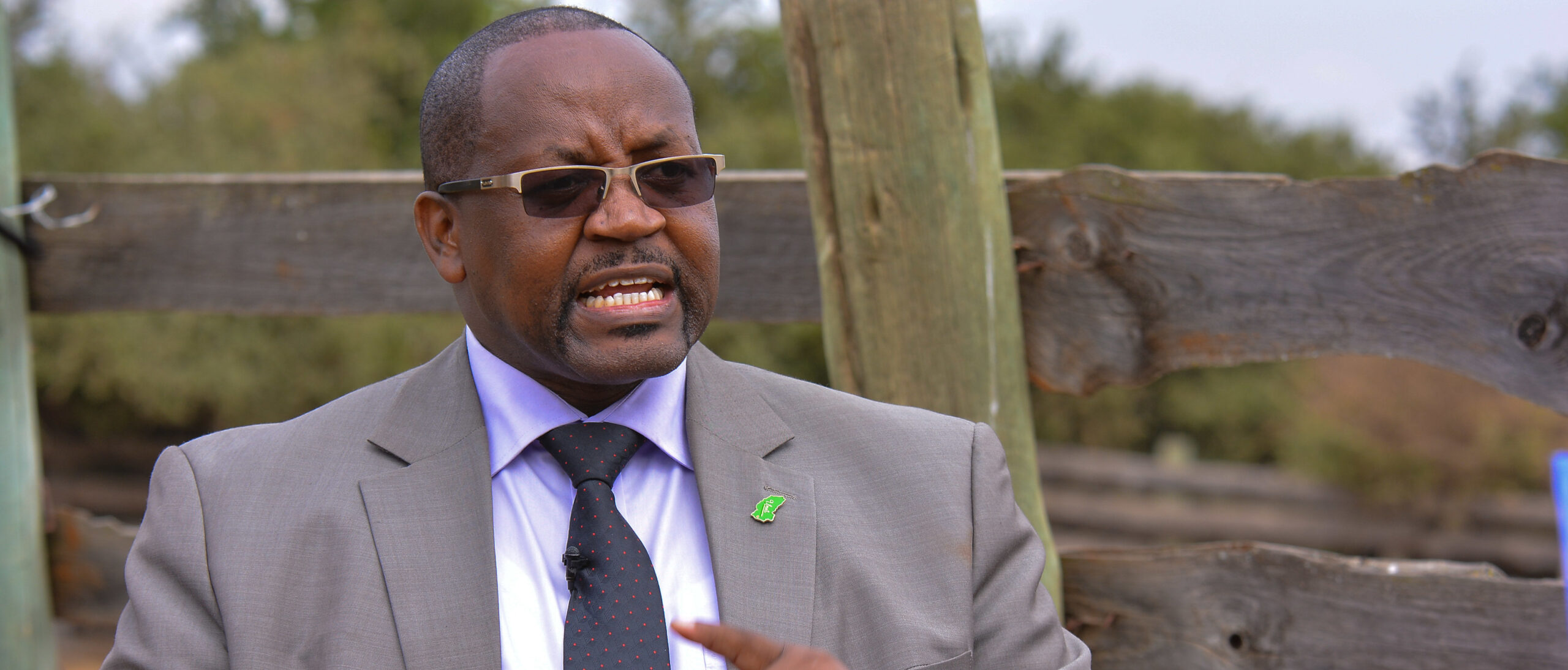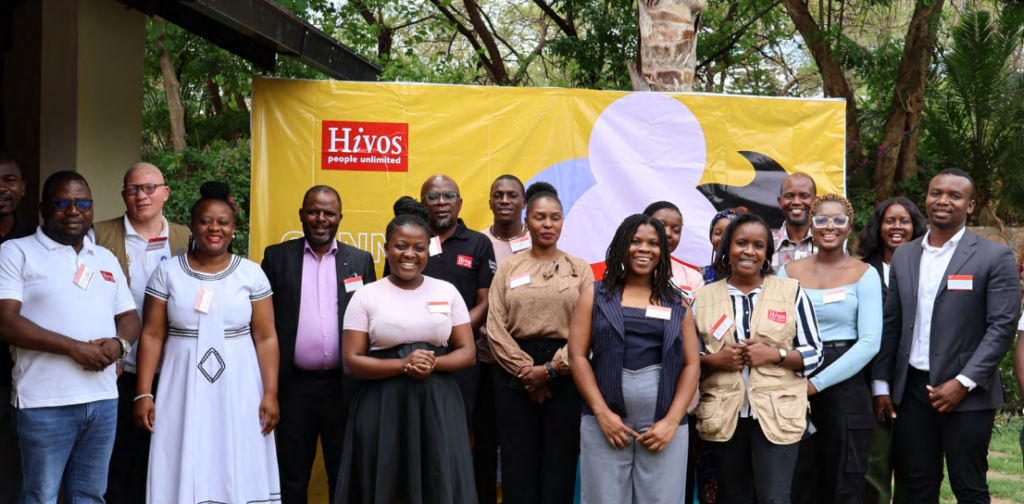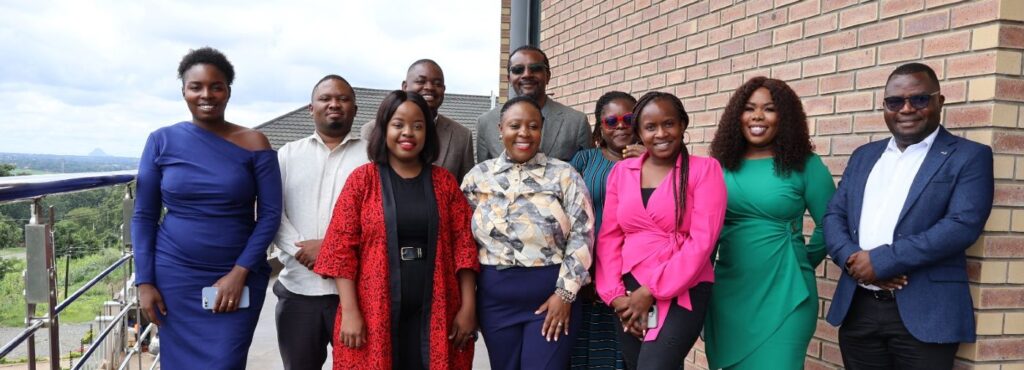Kajiado County and its efforts to bring decentralized renewable energy to its people
Kajiado County is predominantly semi-arid and sits on the outskirts of Nairobi in the south of Kenya. At the moment, about 39 percent of the county has energy coverage. And this is something Dr. James Sankale (Chief Officer at the Ministry of Water, Irrigation, Environment and Natural Resources in Kajiado) wants to change. Dr. Sankale is convinced that decentralized renewable energy (DRE) is the solution. However, financial and policy challenges are blocking the way. How can it become easier to implement DRE solutions in Kajiado County? Dr. Sankale’s story represents the challenges Kajiado County and other counties in Kenya are facing when it comes to implementing DRE.
DRE as a solution for rural areas in Kenya
“In rural areas we have a lot of challenges regarding to electricity and cooking”, says Dr. Sankale. Kajiado County has recently banned charcoal selling and use. According to Dr. Sankale, it is now time to offer people an alternative to cook on, such as biogas.
When it comes to creating access to energy in rural areas, solar energy is seen as a sustainable solution for the county. With solar energy, households can be provided with the energy they need. Next to that, people get the opportunity to develop economic activities. For example, Stella Ntiimu has solar energy at her home in Kajiado and created a little business around it: people can charge their mobile phones with her solar energy for a fee.
Funds out of reach
Although DRE is considered to be a viable solution to rapidly scale up energy access sustainably, establishing DRE is not that easy for the government of Kajiado County and many other counties in Kenya. Lack of access to finance and lack of a policy and regulatory environment – as well as capacity – has meant that county governments are limited in their efforts to implement clean energy access. Moreover, complicated (international and national) bureaucracy is slowing down the process. As Dr. Sankale expresses it:
What we are doing is advocating for the use of biogas and the use of solar energy (…) but we cannot talk about introducing this without funding. As a department dealing with natural resources, the funding we receive from our treasury is very minimal to enable us to do that.
Policies and regulations that make DRE work
According to Dr. Sankale it should become easier for counties to access the funds they need in order to implement DRE solutions. He therefore proposes the following changes:
- On a national level: work on bureaucracy. It should be easier and faster to allocate money and make sure it ends up at county level. This concerns both Kenyan and internationals funds that are labelled to be invested in DRE solutions.
- Enable international donors to send money directly to county governments. An accredited entity, such as the National Treasury, is mandatory to receive funds from international donors. The Council of Governors (COG)* could also be an accredited entity. This would make it less complicated for donors to deal directly with counties.
- County governments should also do their homework. Dr. Sankale: “We need to have both policy and legislation in place and we need to link what we are doing here with the national government.”
Do you want to know more about DRE challenges in Kajiado County? Dr. Sankale clarifies the challenges his county is facing in this video:
How Hivos supports energy access in Kajiado County
Through the Green & Inclusive Energy Program, Hivos works with the County government of Kajiado to support them in developing of green and inclusive energy policies. Hivos also works with the community to empower them to adopt and promote renewable energy in Kajiado County. Read more in this blog Kaijado County: a champion for renewable energy.
This story is the first of a series that portrays policy-makers, entrepreneurs and energy consumers and let them tell their story of energy access in their countries. More to follow soon..
* The Council of Governors consists of governors from all 47 counties in Kenya. Its tasks include sharing best practices and acting as a collective voice on policy issues.




